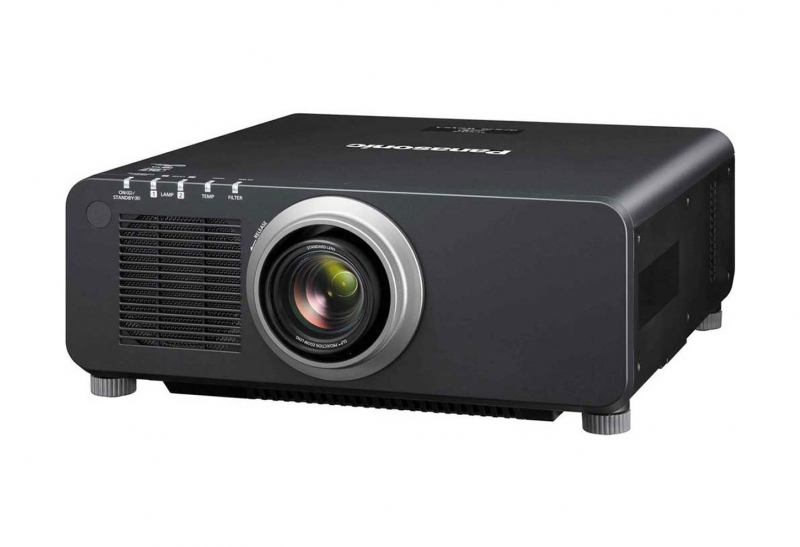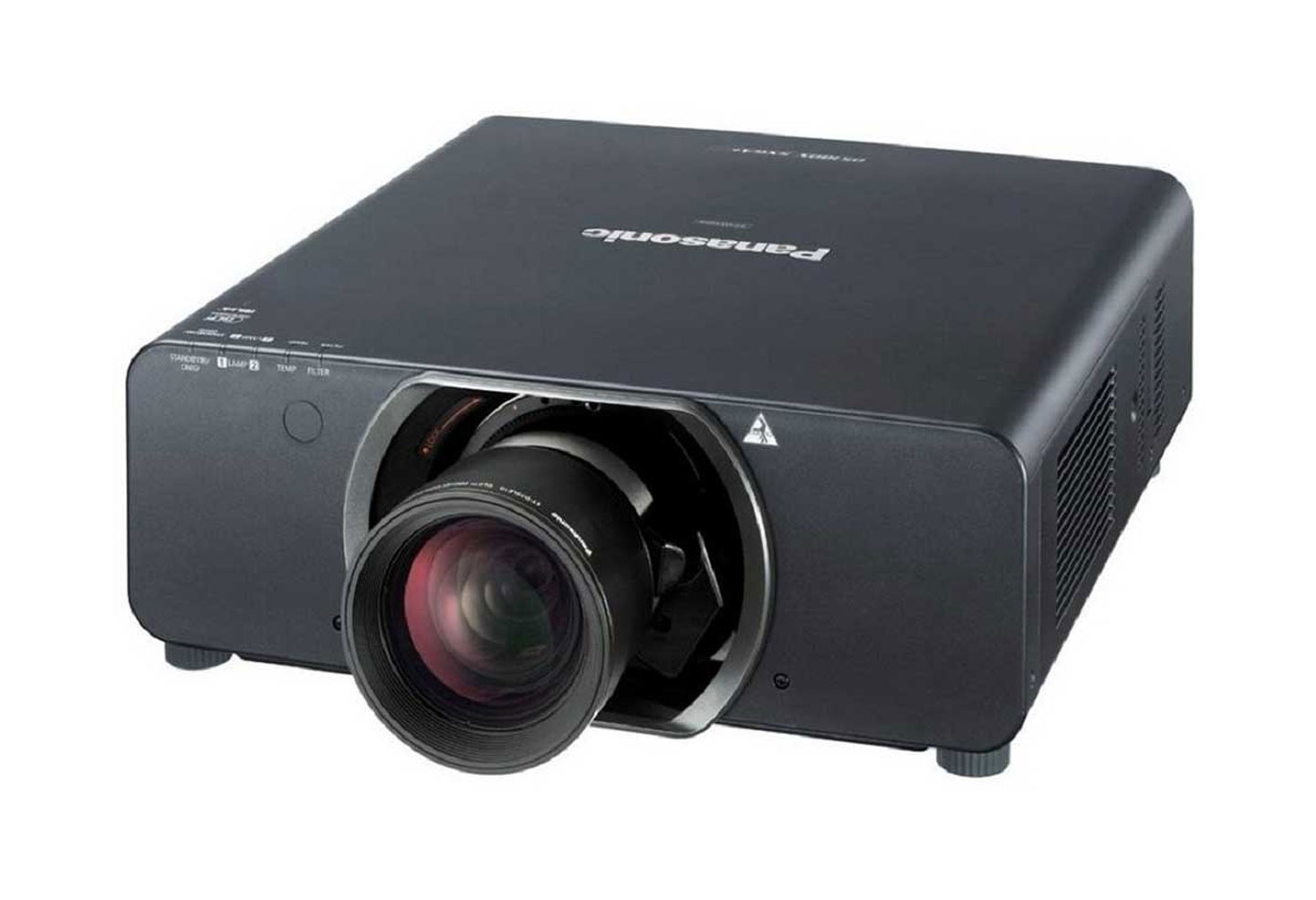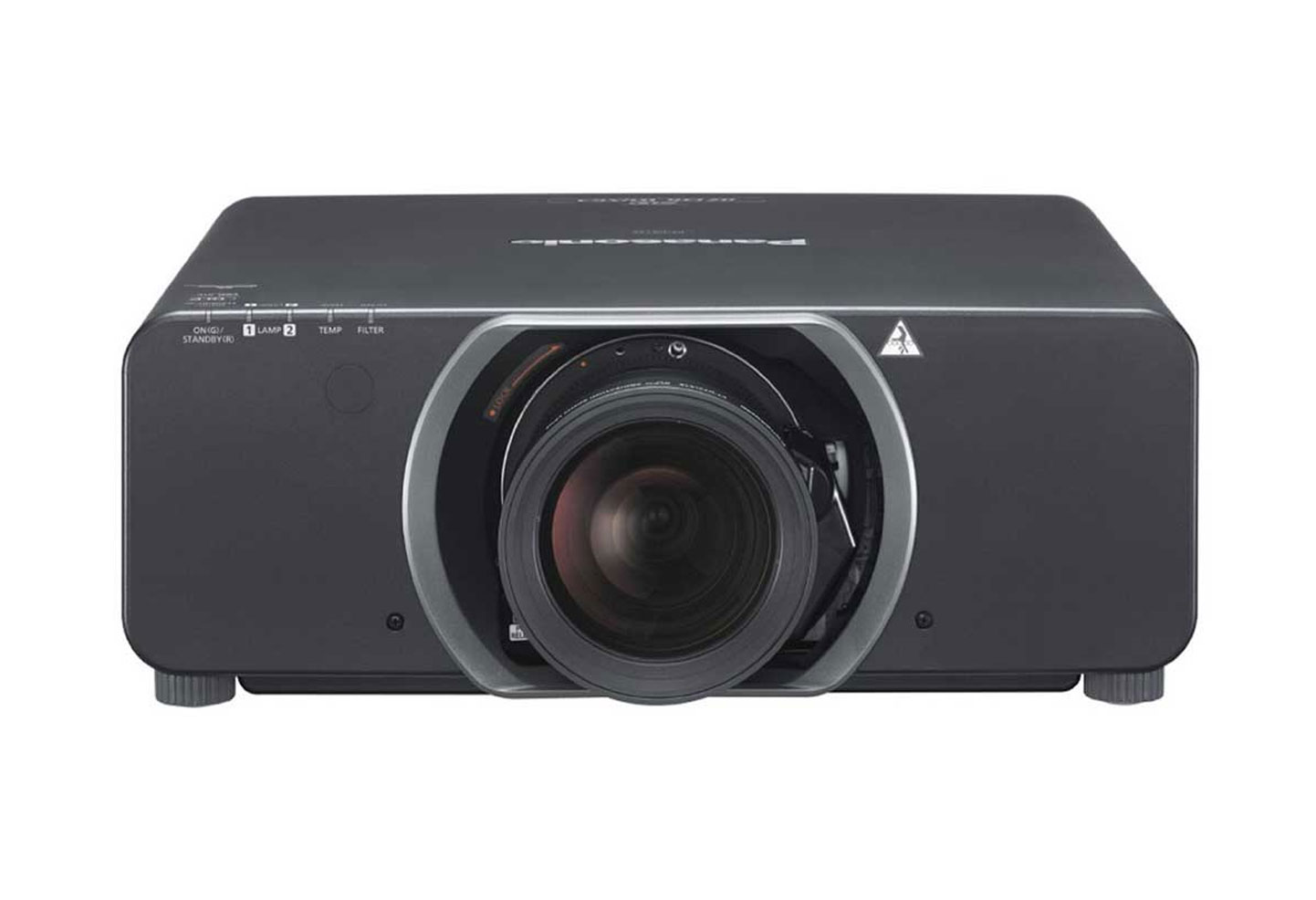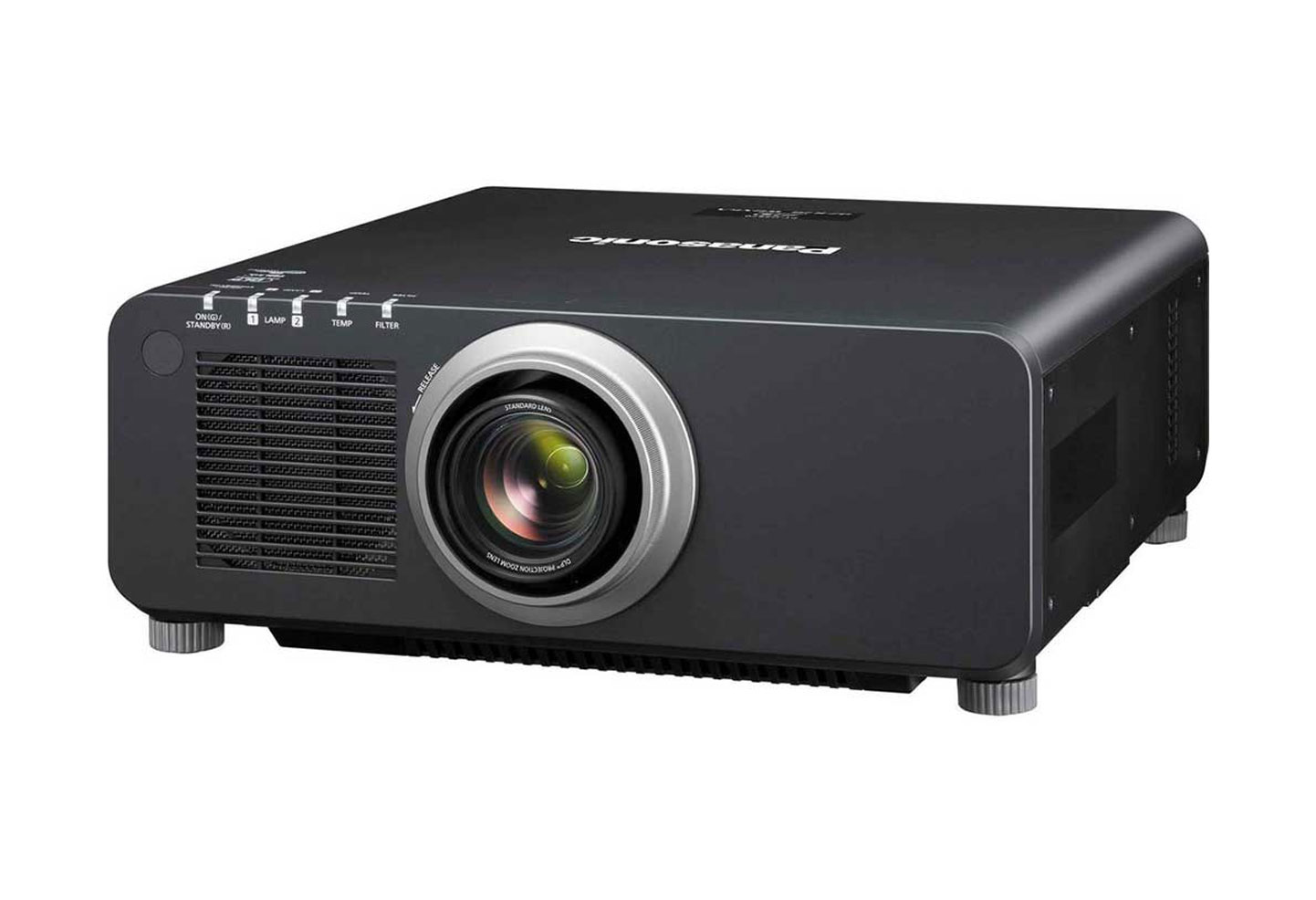Used projector tv

|
Looking to upgrade your home entertainment system without breaking the bank? Buying a used projector TV might be the perfect solution for you. With advancements in technology, projectors have become increasingly popular for creating an immersive viewing experience right in the comfort of your own home. However, navigating the world of used projectors can be daunting, with various brands, models, and features to consider. That's why we've created the ultimate guide to buying a used projector TV, packed with tips and recommendations to help you make an informed decision. Whether you're a movie buff, a sports enthusiast, or a gaming fanatic, we've got you covered. From understanding the key factors to look for when purchasing a used projector, to our top recommendations based on performance, durability, and value for money, this guide will ensure that you find the perfect projector TV that meets your needs and exceeds your expectations. Get ready to transform your living room into a home theater experience like no other. Advantages of buying a used projector TVInvesting in a used projector TV comes with several advantages that make it an attractive option for many buyers. Firstly, the price point is significantly lower compared to purchasing a brand new projector. This means you can get a high-quality projector TV at a fraction of the cost, allowing you to allocate your budget towards other components of your home theater system, such as speakers or seating. Secondly, the market for used projectors is vast, providing you with a wide range of options to choose from. You can find projectors with varying features, specifications, and brands, giving you the flexibility to select the one that best suits your preferences. Additionally, buying used can be a sustainable choice, as it gives a second life to a product that might otherwise end up in a landfill. Lastly, buying a used projector TV allows you to test the waters before committing to a more expensive investment. If you're new to the world of projectors, purchasing a used one can help you determine if it's the right fit for your needs and lifestyle. This way, you can gauge your interest and usage patterns before deciding to upgrade to a newer or more advanced model in the future. Factors to consider when buying a used projector TVWhen it comes to buying a used projector TV, there are several important factors to consider to ensure you make a smart purchase. The first factor is the projector's resolution. The resolution determines the clarity of the image projected onto the screen. Common resolutions for projectors include 720p, 1080p, and 4K. Higher resolutions offer sharper and more detailed images, providing a more immersive viewing experience. However, the resolution you choose should align with your budget and the content you typically watch. Another essential factor to consider is the projector's brightness. The brightness of a projector is measured in lumens, and it determines how well the image will be visible in different lighting conditions. For a home theater setup, a projector with a minimum of 1500 lumens is recommended to ensure optimal viewing even in a darkened room. However, if your viewing area has ambient light or if you plan to use the projector during the day, you may need a higher brightness level. Additionally, you should pay attention to the projector's contrast ratio. The contrast ratio determines the difference between the darkest and brightest parts of an image. A higher contrast ratio results in more vibrant colors and deeper blacks, enhancing the overall image quality. Look for projectors with a contrast ratio of at least 1000:1 for a satisfying viewing experience. |
 |
Researching and finding reputable sellersWhen buying a used projector TV, it's crucial to research and find reputable sellers to ensure a smooth and reliable transaction. Start by checking online marketplaces, such as eBay or Craigslist, where you can find a wide selection of used projectors. Read through the seller's feedback and ratings to gauge their credibility and reliability. Look for sellers with a high rating and positive reviews from previous buyers. Another option is to visit local electronics stores or specialized projector retailers. These establishments often have used projectors available for purchase. By buying from a physical store, you can inspect the projector in person, ask questions, and receive expert advice. Additionally, many stores offer warranties on used projectors, providing an extra layer of protection and peace of mind. Lastly, consider reaching out to friends, family, or online communities who may have recently upgraded their projector and are looking to sell their used one. Buying from someone you know or through a trusted network can give you more confidence in the condition and functionality of the projector. Inspecting a used projector TV before purchasingBefore finalizing your purchase, it's essential to inspect the used projector TV thoroughly to ensure it's in good working condition. Start by examining the physical condition of the projector. Look for any visible signs of damage, such as scratches, dents, or worn-out components. While minor cosmetic issues may not affect the performance, they can give you an idea of how well the projector has been maintained. Next, check the projector's lamp life. Projector lamps have a limited lifespan, and their replacement can be costly. Ask the seller for information about the lamp hours and whether it has been replaced recently. Ideally, you should aim for a projector with a lamp that has a significant number of hours remaining or has been recently replaced. Additionally, test the projector's functionality by connecting it to a video source and projecting an image on a screen or wall. Pay attention to the image quality, color accuracy, and any noticeable issues such as pixelation or flickering. Test different inputs and settings to ensure that all features and connectivity options are working as expected. Lastly, inquire about the projector's warranty, if any. Some manufacturers offer transferable warranties, which means that even when buying used, you can still benefit from the remaining warranty period. This can provide peace of mind and protection against any unexpected issues that may arise after the purchase. |
 |
Understanding the different types of projector TVsWhen buying a used projector TV, it's important to understand the different types available in the market. The two main types are LCD (Liquid Crystal Display) and DLP (Digital Light Processing) projectors. LCD projectors use liquid crystal panels to display images. They are known for their vibrant colors, sharp image quality, and excellent color accuracy. LCD projectors are a popular choice for home theaters due to their ability to produce rich, detailed images. However, they may suffer from the "screen door effect," where the gaps between pixels are visible, especially when viewed up close. On the other hand, DLP projectors use tiny mirrors to reflect light and create images. DLP projectors are known for their smooth and seamless image projection, making them ideal for fast-paced action scenes or sports events. They are also generally more compact and portable compared to LCD projectors. However, some users may experience the "rainbow effect," where brief flashes of color are perceived when shifting focus between different parts of the screen. Both LCD and DLP projectors have their advantages and disadvantages, so it's important to consider your specific needs and preferences when making a decision. Setting up and optimizing a used projector TVOnce you've purchased a used projector TV, setting it up and optimizing it for the best viewing experience is crucial. Start by selecting the ideal location for your projector. Consider factors such as the distance from the screen or wall, the height at which the projector will be mounted or placed, and any potential obstructions or reflections that may affect the image quality. Next, connect the projector to your video source, such as a Blu-ray player, gaming console, or streaming device. Use high-quality HDMI cables for the best signal transmission and ensure that the cables are securely connected to both the projector and the video source. After the physical setup, it's time to optimize the projector's settings. Most projectors offer various picture modes, such as cinema, game, or vivid. Experiment with different modes to find the one that suits your viewing preferences. Adjust the brightness, contrast, and color settings to achieve the desired image quality. Calibrating the projector is also important to ensure accurate colors and optimal performance. You can use calibration discs or software tools to help you fine-tune the projector's settings. alternatively, you can hire a professional calibrator who will use specialized equipment to achieve the best results. Lastly, consider the audio setup for your home theater system. While projectors often have built-in speakers, they may not provide the best audio quality. Invest in a separate audio system, such as a soundbar or surround sound speakers, to complement the immersive visual experience with rich and immersive sound. |
 |
